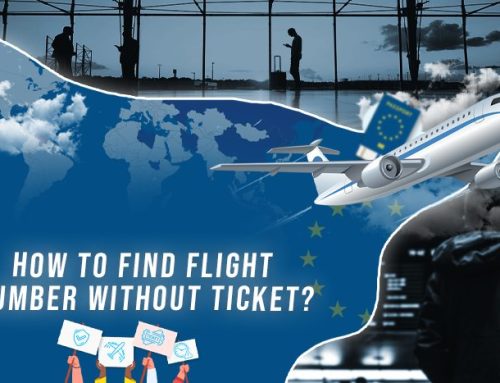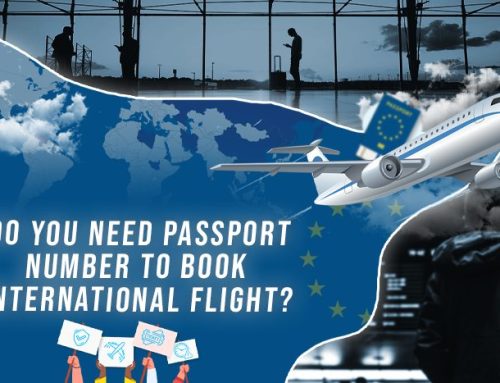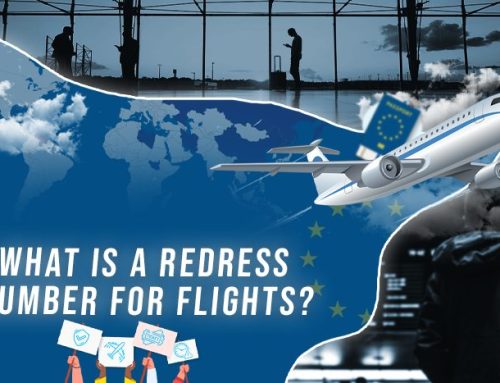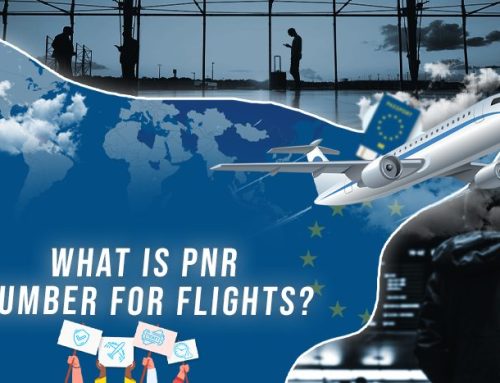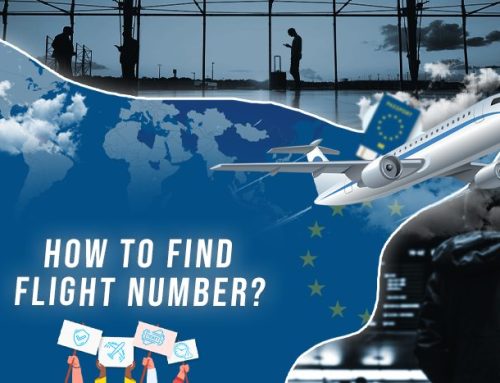The words airline strike is enough to strike fear in most travellers. You can’t effectively fly if key members of the flight crew are on strike and many people aren’t willing to cross the picket line. There are different types of strikes that can impact your travel plans, and here’s all you need to know about air traffic controller (ATC) strikes.
Key Takeaways
- Air traffic controllers are critical members of the airport staff, responsible for directing planes’ movements and ensuring safe distances between aircraft. Their absence during a strike can lead to flight disruptions and potential safety concerns.
- Air traffic controllers, like other aviation personnel, may go on strike to advocate for their rights and working conditions. The strike date is usually communicated in advance, allowing travelers to prepare for potential flight cancellations or delays.
- Unlike other flight disruptions caused by airlines, passengers impacted by air traffic control strikes are generally not eligible for compensation under certain regulations. EC 261, a European regulation, does not cover such strikes as they are considered unforeseen circumstances.
- While formal compensation might not be available, airlines may offer compensation as goodwill gestures, such as drink vouchers, miles, or travel vouchers. Contacting customer service and maintaining a positive attitude may increase the chances of receiving such gestures.
- Passengers affected by an ATC strike should be eligible for a full refund if they no longer wish to travel. Additionally, some fares may allow for a credit on the account, which can be used for future travel with the airline. Checking ticket details and contacting customer service are crucial in exploring available options.
What are Air Traffic Controllers?
Air traffic controllers are critical members of the airport staff. They are the personnel who sit in the towers to direct planes coming and going from the airport. They help to coordinate a plane’s movements to ensure there is a safe distance between them as they move.
This is important because if they’re not doing their job right, then planes could collide. They could clip wings as they start to take off or, in the worse cases, hit while flying in the air. Air traffic controllers work in control towers at the airport, but they could also be seated at other control facilities or en route centers.
This is a high-stress, high-stakes job because one mistake could have serious consequences. Planes cannot safely fly without air traffic controllers, and when there is an ATC strike, it is a big deal.
What is an Air Traffic Control Strike?
Air traffic controllers are part of a union who advocate for their rights, including fair wages, working hours, retirement benefits, and more. They have contracts in which their rights and expectations are outlined, and occasionally, these contracts need to be revised to meet modern working conditions.
The union goes to the table to negotiate for their rights, and if the parties cannot reach an agreement, a strike may occur. This is often the final resort, as it can cause serious disruptions on both sides. The strike date is communicated in advance, so that travellers can prepare for the disruption.
There are different unions, so just because there is one strike does not mean that the entirety of air traffic controllers are on strike. If it’s an option, the airline may book you on alternative flights with partner airlines vs. grounding all flights.
How Will I Know if There is a Strike?
Because of their important role in travel, there will be a lot of media coverage surrounding the ATC strike. Additionally, you will receive communication from your airline about the strike.
This could be an initial notification to let you know that there is a planned strike and your flight could be impacted. As your flight gets closer, they should provide updates if and when your flight is cancelled or delayed. In these communications, they will provide instructions on how to rebook or get a refund.
In some cases, they may be able to place you on partner airlines with little to no disruption in your travels. In other cases, you will need to wait for the strike to be resolved. The length of the strike will vary. Some are just for 24 hours, while others can last longer.
Wildcat strikes, which are unplanned and not sanctioned by the union, don’t always have a set time they will list. The reason for a strike is a show of power. Airlines can’t operate without their people, so they deserve basic rights. Strikes often resolve when both sides make concessions to reach an agreement.
Can I Get Compensation if My Flight is Impacted by a Strike?
EC 261 is a European regulation that holds airlines accountable for flight delays and cancellations. Unfortunately, for you to qualify for compensation under this law, the issue has to be within the airline’s control.
Airline strikes do not qualify. They are part of the unforeseen circumstances, like weather and political unrest, that are exempt from this rule. It does not matter if your flight is cancelled less than 14 days before your original departure date or if it caused a delay that was more than three hours. The reasons causing those issues are still considered out of the airline’s control.
That’s not to say you can’t get compensation for your troubles though. You just aren’t legally entitled to it under EC 261.You have other options. Airlines may offer compensation to its passengers as a goodwill gesture. This could be drink vouchers, miles, travel vouchers, and more.
Contact customer service to see if they will offer you anything. The nicer you are to them, the more likely you will receive something in return. Remember, it’s not their fault the ATC strike is happening, and they likely have to deal with many irate customers.
Am I Eligible for a Refund if There is an ATC Strike?

If you no longer need to travel based on the ATC strike, you should be eligible to receive a full refund. This change in plans was not your fault, so you should contact customer service to see what your options are. This may vary from fare to fare, so make sure you read the fine print on your ticket.
Even if you can’t get a refund, you may be able to get a credit on your account. This can be applied to future travel, and it doesn’t have to be the same trip you were going to take. It can apply to all future travel with the airline. Just make sure it doesn’t have an expiration date on it. Some travel vouchers expire, so while you may not need to travel now, don’t forget to claim it before it is no longer available.
Conclusion
An ATC strike is when air traffic controllers strike. They no longer are guiding planes in and out of the airport, effectively halting operations for a set period of time. This move is made by the ATC union to gain rights for their employees.
Unfortunately, if your flight is impacted by an ATC strike, you are not automatically entitled to compensation under EC 261. Instead, you will need to work with your airline to see what your options are. The best case is they can get you on a new flight and to your destination with relatively little disruption.
Frequently Asked Questions
-
What happens if my flight is scheduled during an air traffic control strike?
During an air traffic control strike, your flight may be delayed or canceled. Air traffic controllers are responsible for guiding planes in and out of airports, so their absence can disrupt flight operations. Airlines will inform you of any changes to your flight schedule and provide instructions on rebooking or refunds.
-
Can I claim compensation under EC 261 if my flight is affected by an ATC strike?
No, compensation under EC 261 is generally not applicable for flights impacted by air traffic control strikes. Such strikes are considered unforeseen circumstances and are exempt from the regulation. However, airlines may offer compensation as a gesture of goodwill, such as vouchers or miles.
-
What should I do if my flight is canceled due to an ATC strike?
If your flight is canceled due to an air traffic control strike, contact your airline’s customer service immediately. They will assist you in rebooking your flight on an alternative route or, if desired, process a full refund for your ticket.
-
Can an air traffic control strike be resolved quickly, or do they often last for an extended period?
The duration of an air traffic control strike can vary. Some strikes may last only 24 hours, while others might continue for a longer period, depending on the negotiations between the union and the authorities. Wildcat strikes, which are not sanctioned by the union, might not have a set time frame and can be more unpredictable.
-
Are there any alternate travel options during an ATC strike?
Airlines may try to minimize disruptions during an air traffic control strike by rebooking affected passengers on partner airlines’ flights. If available, this option can help you reach your destination with minimal inconvenience. However, the availability of alternative travel options may depend on the extent of the strike and the airline’s network of partner carriers.



